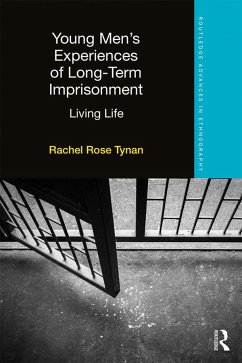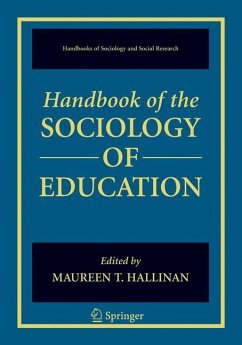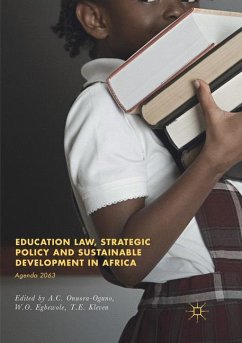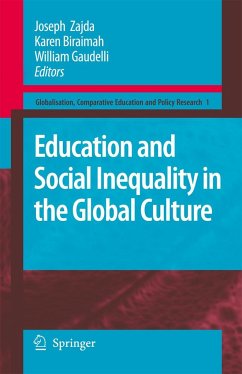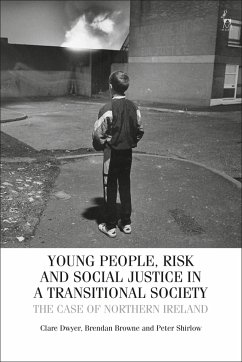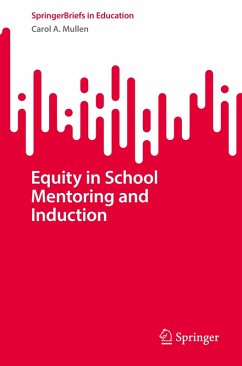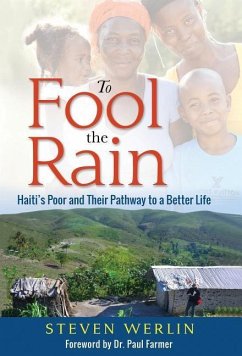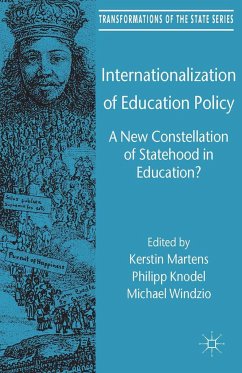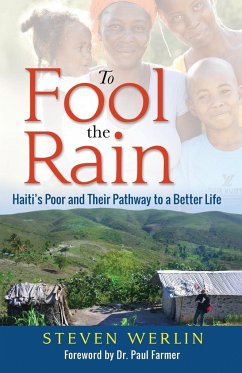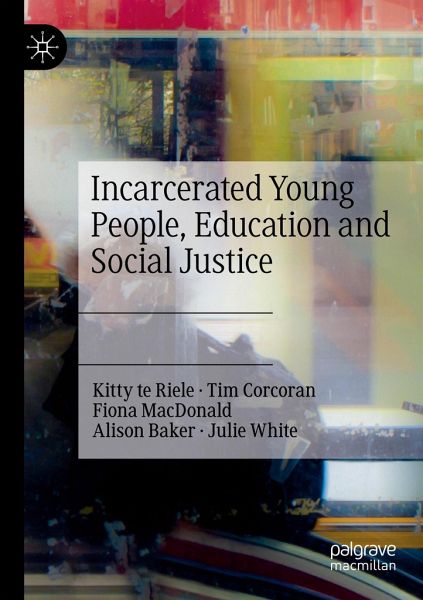
Incarcerated Young People, Education and Social Justice

PAYBACK Punkte
44 °P sammeln!
This book foregrounds the provision of education for young people who have been remanded or sentenced into custody. Both international conventions and national legislation and guidelines in many countries point to the right of children and young people to access education while they are incarcerated. Moreover, education is often seen as an important protective and 'rehabilitative' factor. However, the conditions associated with incarceration generate particular challenges for enabling participation in education. Bridging the fields of education and youth justice, this book offers a social just...
This book foregrounds the provision of education for young people who have been remanded or sentenced into custody. Both international conventions and national legislation and guidelines in many countries point to the right of children and young people to access education while they are incarcerated. Moreover, education is often seen as an important protective and 'rehabilitative' factor. However, the conditions associated with incarceration generate particular challenges for enabling participation in education. Bridging the fields of education and youth justice, this book offers a social justice analysis through the lens of 'participatory parity', the book brings together rare interviews with staff and young people in youth justice settings in Australia, secondary data from these sites, a suite of pertinent and frank reports, and international scholarship. Drawing on this rich set of material, the book demonstrates not only the challenges but also the possibilities for education as a conduit for social justice in custodial youth justice. The book will be of immediate relevance to governments and youth justice staff for meaningfully meeting their obligation of enabling children and young people in custody to benefit from education; and of interest to scholars and researchers in education, youth work and criminology.



